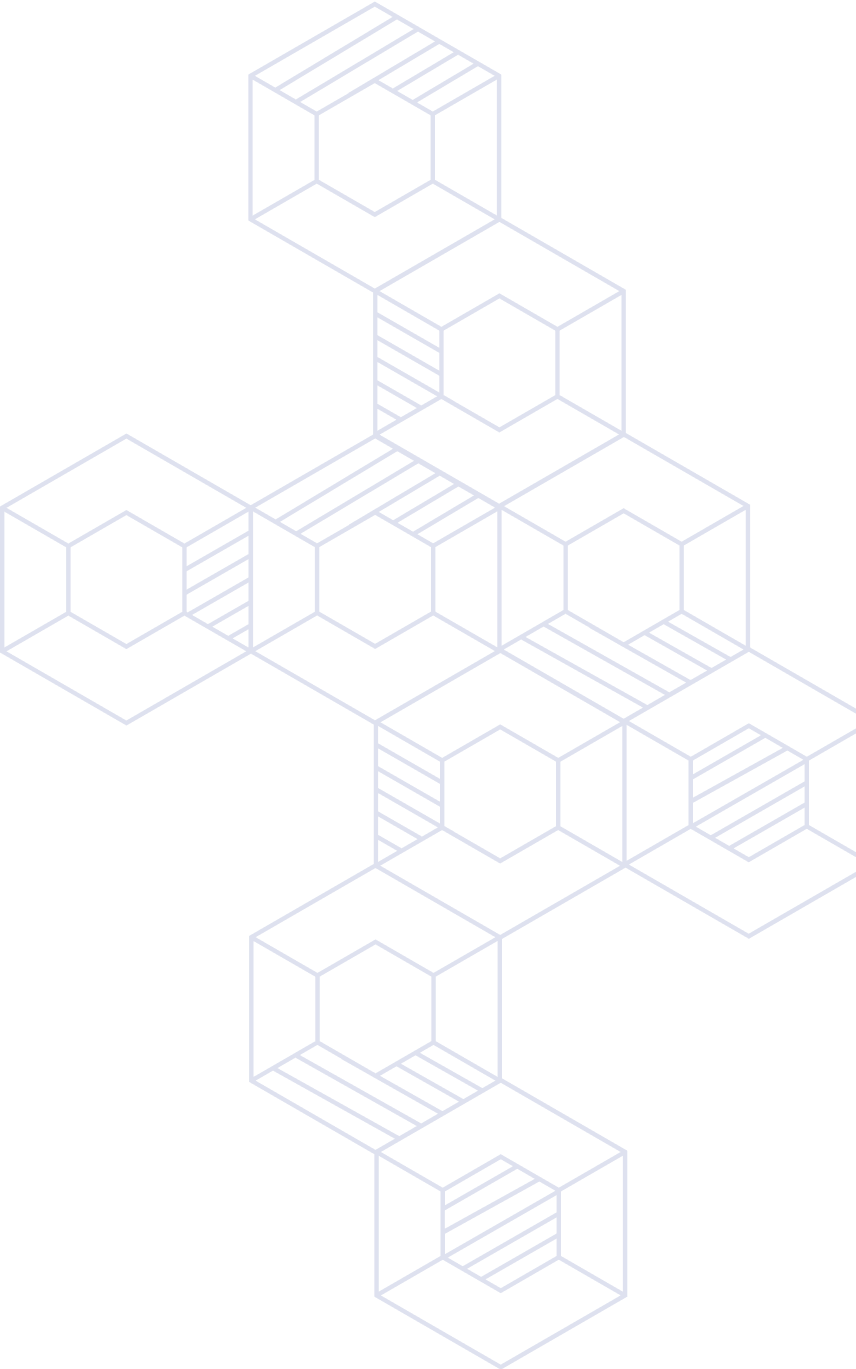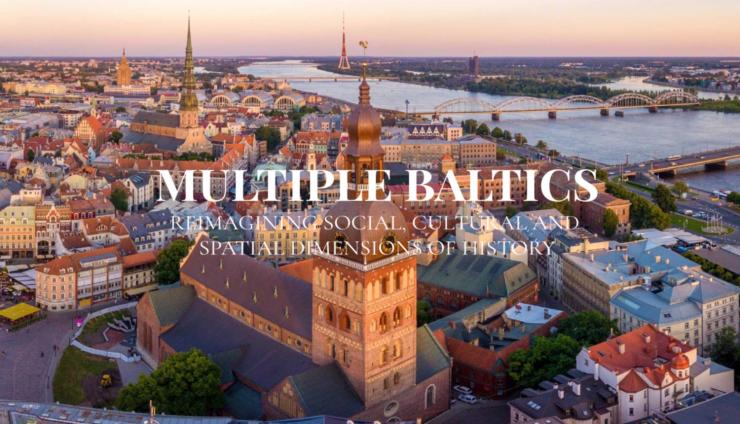
Seminar “Multiple Baltics: Reimagining Social, Cultural and Spatial Dimensions of History”

About event
The International Students of History Association (ISHA), in collaboration with the Faculty of Humanities at the University of Latvia, invites history students and early-career researchers of all levels to apply for the winter seminar “Multiple Baltics: Reimagining Social, Cultural and Spatial Dimensions of History”, which will be held from 3 to 7 December at the University of Latvia in Riga.
The ISHA winter seminar “Multiple Baltics: Reimagining Social, Cultural and Spatial Dimensions of History” is a series of academic and cultural events aimed at students and young researchers to provide a platform for presenting and discussing research, promoting international cooperation and networking among history students from different countries, and fostering the development of academic skills. It is an opportunity to gain insight from diverse historical perspectives, acquire useful skills, especially digital skills, develop a doctoral thesis plan, structure scientific articles, and plan international mobility. Seminar participants will also learn more about ISHA, its activities, plans, and opportunities to get involved. All participants will receive a certificate of attendance if they attend at least 80% of the seminar’s academic program.
The academic program of the seminar comprises an introductory lecture, discussions, interactive workshops, and student presentations, all divided into three parallel thematic sessions. The session “Digital History: Spatial and Social Aspects of the Baltic History” will cover digital analysis methods and tools suitable for historical research, while providing context on the spatial and social aspects of history in the Baltic Sea region. Workshop participants will be invited to discuss how digital history research methods can enhance existing academic research methods in history and facilitate the interpretation of data in the humanities. Participants will learn about various digital methods suitable for historical research and experience a gentle touch of programming. Additionally, try digital tools suitable for spatial historical analysis (e.g., QGIS or Gephi). The workshops will also focus on handwriting and its recognition platform, Transkribus, and participants will be trained in how to work with the document collections of the National Archives of Latvia’s Latvian State Historical Archive.
In the session “Critical Cultural Heritage: Narratives, Conflicts, and Transformations in the Context of the Baltics”, students will be invited to critically examine how cultural heritage is represented, discussed, and communicated in the Baltic region. The changing of historical narratives that construct society's collective understanding of a shared past will be examined. Participants will have the opportunity to acquire cross-cutting and academic skills, such as planning study projects, communicating research results, and countering misinformation about existing historical myths in society. The complex cultural heritage will be viewed in an urban environment. The program includes a workshop in which, in collaboration with the project “Critical History Tours” (funded by the EU), participants will be introduced to newly developed approaches for creating multifaceted and thematic guides to the complex and sometimes uncomfortable cultural heritage of the urban environment, as well as create new or improve existing city tour programs.
The PhD Workshop, an essential and integral part of ISHA seminars since 2015, will enable participants to transfer academic and cross-cutting skills such as developing a doctoral work plan, a strategic approach to mobility planning, public speaking, leading group discussions, providing feedback, including the development of academic skills such as academic writing, lecture planning, and structuring scientific articles in academic publications indexed in internationally recognized databases. The content of the workshop is tailored to the current interests of doctoral students based on the information received in the applications.
Those interested in participating in the seminar are invited to apply by October 10 by filling out the questionnaire here. The acceptance letter will be sent by October 15th.
Date of event:
December 3 - December 7, 2025
Time:
All day
Target audience:
researchers students young scientists
Add to your calendar: